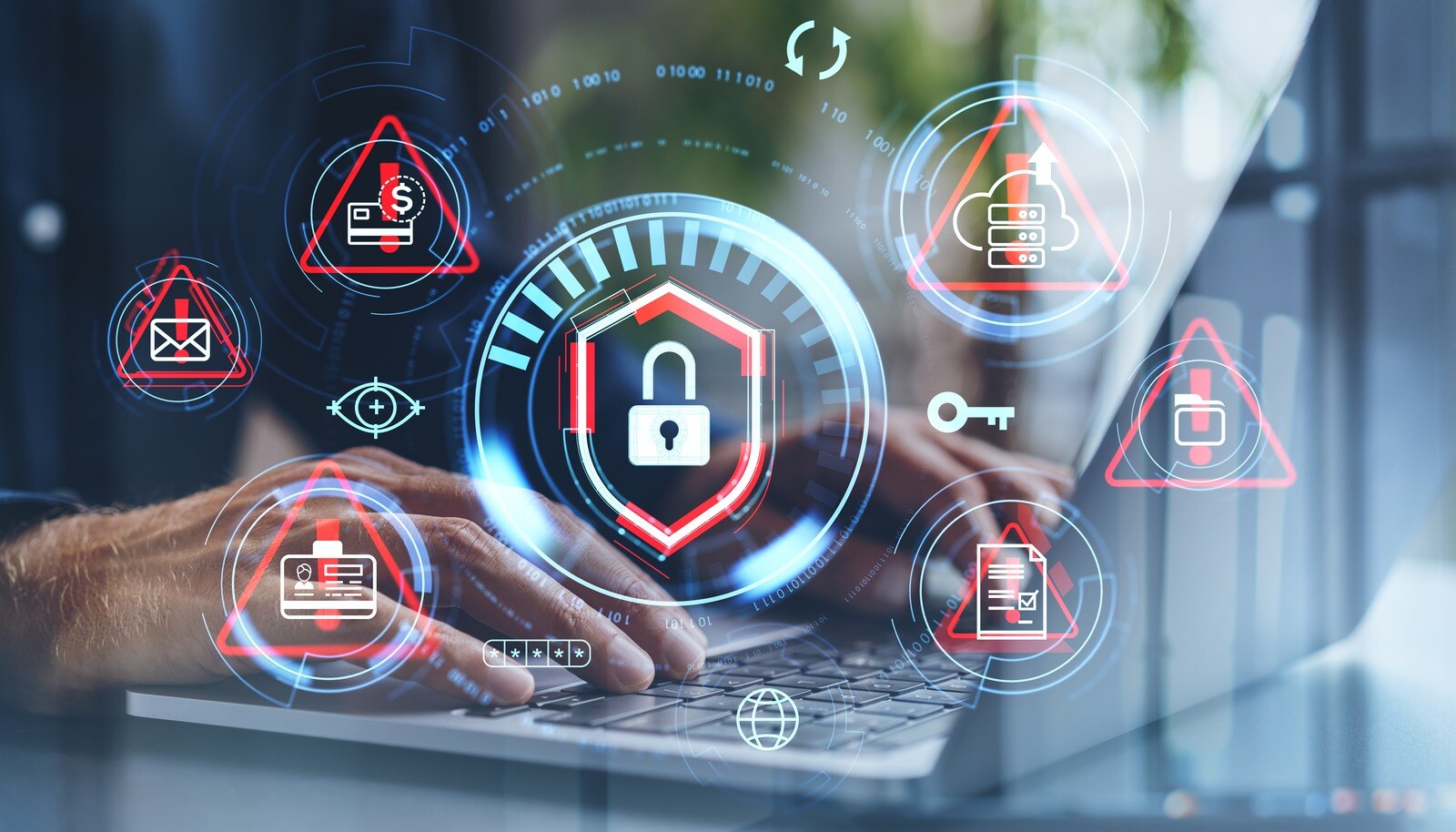Cybersecurity threats aren't just a problem for big businesses anymore. Small and mid-sized businesses (SMBs) face increasingly sophisticated cyberattacks but often lack the extensive resources larger organizations have to combat them. And these threats aren’t cheap – businesses with fewer than 500 employees lose an average of $2.98 million per data breach.1
The good news? With the right approach, you can build robust protection that keeps your business secure without breaking the bank. In this blog, we’ll break down five cybersecurity essentials for small and mid-sized businesses and share tips to help you build a better cybersecurity strategy.
How Can SMBs Assess Their Cybersecurity Needs?
Every business has unique cybersecurity requirements based on its size, industry, and how it operates. Start by evaluating your current security measures to identify where you might be vulnerable. Conducting a thorough cybersecurity assessment can help you create a clear roadmap for strengthening your defenses.
Key areas to focus on include:
- Data Storage: Understand where your sensitive data is stored and who can access it.
- Access Control: Review how your employees access systems and data, including password policies.
- Security Measures: Take stock of your current tools and protocols, like firewalls, encryption, and antivirus software
Taking time to assess your needs now saves valuable resources later by ensuring you invest in the right solutions for your business.

5 Cybersecurity Essentials for Small and Mid-Sized Businesses
Effective cybersecurity isn't about having every tool available – it's about having the right tools for your specific situation. However, while every cybersecurity strategy will be unique, there are a few core measures every SMB can benefit from following. These essentials include:
1. Strong Password Policies and Multi-Factor Authentication
Weak passwords are a common vulnerability for small and mid-sized businesses. Combine strong password requirements with multi-factor authentication (MFA) measures to create a powerful barrier against unauthorized access.
2. Regular Software Updates and Patch Management
Cybercriminals love outdated software since it's often their easiest way into business systems. Keep your software current with regular updates, and apply security patches as soon as they're available. This simple step dramatically reduces your exposure to common vulnerabilities.
3. Employee Training on Cybersecurity Best Practices
A 2023 survey found that 64% of cyber incidents were caused by human error.2 Conduct security training sessions that cover topics like spotting phishing attempts and following safe browsing practices. When your employees know what to look for, they become active participants in protecting your business.
4. Data Encryption
Encrypting your sensitive data – both in transit and at rest – protects it from unauthorized access. This is especially important for businesses that handle financial or personal information, as encryption reduces the risk of data theft.
5. Firewall and Antivirus Protection
Firewalls and antivirus software may be basic, but they're essential for any cybersecurity strategy. Firewalls monitor all your network traffic, while antivirus software scans for and removes malicious files. Together, they provide foundational protection against common cyber threats.

Preparing for the Worst: Data Backup and Recovery Plans
Even with the best defenses, no business is entirely immune to cyber incidents. That's why having a solid plan in place for data backup and recovery is vital for business continuity. Make sure your backup and recovery plans include:
- Regular Backups: Set automatic backups at regular intervals to prevent data loss.
- Offsite Storage: Store your data backups in a secure location offsite to protect against physical disasters.
- Recovery Time Objectives: Define how quickly different systems must be restored to maintain business operations.
- Documentation: Maintain clear recovery procedures that anyone on your team can follow in an emergency.
Regularly testing and updating these plans ensures you can bounce back quickly if the unexpected happens. Think of it as your business's insurance policy – you hope you'll never need it, but you'll be grateful to have it if you do.
Select Communications: Your Partner for SMB Cybersecurity
Small and mid-sized businesses deserve enterprise-grade security without the complexity or hefty price tag that usually comes with it. The key is finding solutions that grow with your business while keeping your team productive and your systems secure.
At Select Communications, we help businesses like yours source, select, and implement cybersecurity measures that fit their unique needs and budget. Let our experts handle the complex security decisions so you can focus on what really matters – running your business. Ready to strengthen your cybersecurity? Reach out for a free technology audit today.
Sources:




